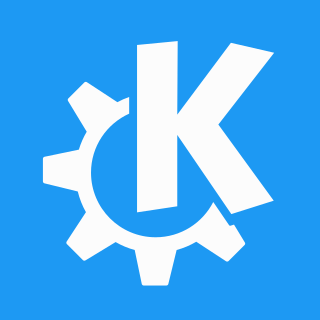
KDE is an international free software community that develops free and open-source software. As a central development hub, it provides tools and resources that allow collaborative work on this kind of software. Well-known products include the Plasma Desktop, Frameworks and a range of cross-platform applications like Krita or digiKam designed to run on Unix and Unix-like desktops, Microsoft Windows and Android.

A Linux distribution is an operating system made from a software collection that is based upon the Linux kernel and, often, a package management system. Linux users usually obtain their operating system by downloading one of the Linux distributions, which are available for a wide variety of systems ranging from embedded devices and personal computers to powerful supercomputers.
Oracle Solaris is a proprietary Unix operating system originally developed by Sun Microsystems. It superseded the company's earlier SunOS in 1993. In 2010, after the Sun acquisition by Oracle, it was renamed Oracle Solaris.
In computing, a desktop environment (DE) is an implementation of the desktop metaphor made of a bundle of programs running on top of a computer operating system that share a common graphical user interface (GUI), sometimes described as a graphical shell. The desktop environment was seen mostly on personal computers until the rise of mobile computing. Desktop GUIs help the user to easily access and edit files, while they usually do not provide access to all of the features found in the underlying operating system. Instead, the traditional command-line interface (CLI) is still used when full control over the operating system is required.
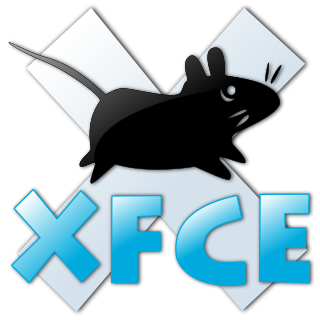
Xfce or XFCE is a free and open-source desktop environment for Unix-like operating systems.
freedesktop.org (fd.o) is a project to work on interoperability and shared base technology for free-software desktop environments for the X Window System (X11) and Wayland on Linux and other Unix-like operating systems. It was founded by Havoc Pennington from Red Hat in March 2000. The project's servers are hosted by Portland State University, which in turn are sponsored by HP, Intel and Google.

PCLinuxOS, often shortened to PCLOS, is an x86-64 Linux distribution, with KDE Plasma Desktop, MATE and XFCE as its default user interfaces. It is a primarily free software operating system for personal computers aimed at ease of use. It is considered a rolling release.
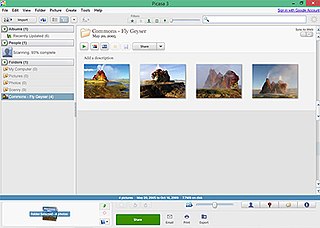
Picasa is a discontinued, cross-platform image organizer and image viewer for organizing and editing digital photos, integrated with a now defunct photo-sharing website, originally created by a company named Lifescape in 2002. "Picasa" is a blend of the name of Spanish painter Pablo Picasso, the phrase mi casa and "pic" for pictures.
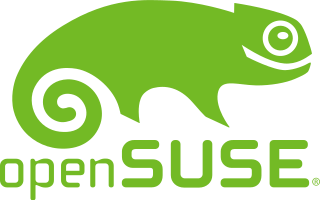
openSUSE is a project that serves to promote the use of free and open-source software.
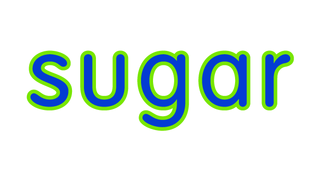
Sugar is a free and open-source desktop environment designed for interactive learning by children. Copyright by SugarLabs. Developed as part of the One Laptop per Child (OLPC) project, Sugar was the default interface on OLPC XO-1 laptop computers. The OLPC XO-1.5 and later provided the option of either the Gnome or Sugar interfaces.

Linux is a family of open-source Unix-like operating systems based on the Linux kernel, an operating system kernel first released on September 17, 1991, by Linus Torvalds. Linux is typically packaged in a Linux distribution.
Parallels Desktop for Mac is software providing hardware virtualization for Macintosh computers with Intel processors. It is developed by Parallels, since 2018 a subsidiary of Corel.
A home server is a computing server located in a private residence providing services to other devices inside or outside the household through a home network or the Internet. Such services may include file and printer serving, media center serving, home automation control, web serving, web caching, file sharing and synchronization, video surveillance and digital video recorder, calendar and contact sharing and synchronization, account authentication, and backup services.

Fedora is a Linux distribution developed by the community-supported Fedora Project which is sponsored primarily by Red Hat, a subsidiary of IBM, with additional support from other companies. Fedora contains software distributed under various free and open-source licenses and aims to be on the leading edge of free technologies. Fedora is the upstream source of the commercial Red Hat Enterprise Linux distribution, and subsequently CentOS as well.
This page is a comparison of remote desktop software available for various platforms.

Chrome OS is a Gentoo Linux-based operating system designed by Google. It is derived from the free software Chromium OS and uses the Google Chrome web browser as its principal user interface. Unlike Chromium OS, Chrome OS is proprietary software.

GNOME is a free and open-source desktop environment for Unix-like operating systems. GNOME was originally an acronym for GNU Network Object Model Environment, but the acronym was dropped because it no longer reflected the vision of the GNOME project.
Nvidia Optimus is a computer GPU switching technology created by Nvidia which, depending on the resource load generated by client software applications, will seamlessly switch between two graphics adapters within a computer system in order to provide either maximum performance or minimum power draw from the system's graphics rendering hardware.

Peppermint OS is a Linux OS based on Lubuntu, which itself is a derivative of the Ubuntu Linux operating system that uses the LXDE desktop environment. It aims to provide a familiar environment for newcomers to Linux, which requires relatively low hardware resources to run.
Snap is a software packaging and deployment system developed by Canonical for operating systems that use the Linux kernel. The packages, called snaps, and the tool for using them, snapd, work across a range of Linux distributions and allow upstream software developers to distribute their applications directly to users. Snaps are self-contained applications running in a sandbox with mediated access to the host system. Snap was originally released for cloud applications but was later ported to work for Internet of Things devices and desktop applications too.












